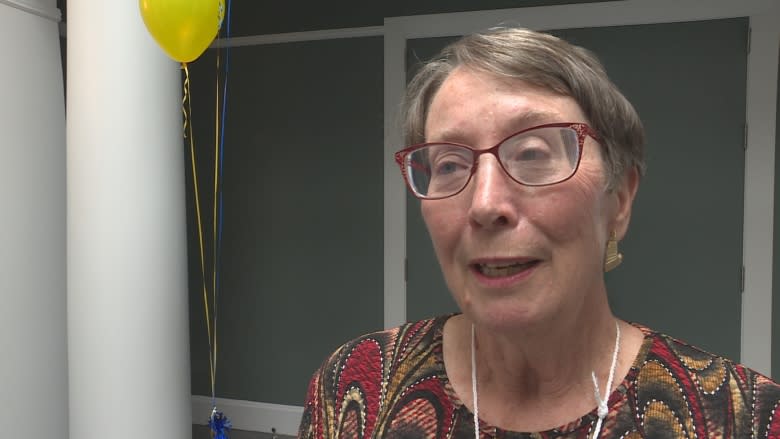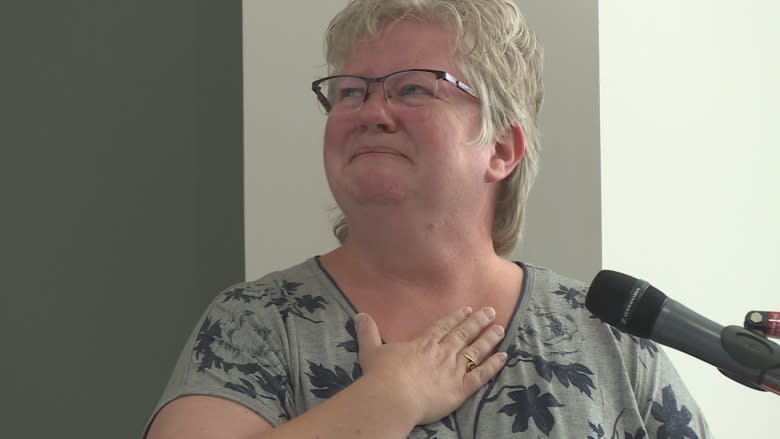'I can still clearly hear his screams': Medically assisted dying access questioned
Jan Lackie says her 84-year-old father suffered excruciating pain on his last day of life despite his pleas for a medically assisted death and new legislation giving him the right to die.
"I can still clearly hear his screams," the Calgary resident says of her father, Ian Shearer, who was writhing in agony in the back of an ambulance as it carried him away from a hospital that refused to help end his life.
Shearer had been suffering from spinal stenosis, heart disease, kidney failure and sepsis. He was dying a painful death in a palliative ward at Vancouver's St. Paul's Hospital.
Canada legalized medical assistance in dying on June 17, 2016 — coincidentally, Shearer's 84th birthday.
But two months later, when he would need to use the law to end his own suffering, the Catholic hospital he was in refused his request. Lackie says the hospital told her family they wouldn't provide the medical assistance for religious reasons.
Instead, Shearer was forced to make the painful choice to be transferred to a facility that would provide the service, but not without suffering hours of intense pain while in transit.
"The ride over in the ambulance was incredibly traumatic for him," Lackie explained.
"The movement — bumps, stops, starts — were so cruel for him to have to endure in his throbbing body."
Some faith-based hospitals still deny service
A year after Canada passed a Medical Assistance in Dying law, the issue remains controversial.
The legislation doesn't require medical practitioners to perform the service. Healthcare providers can choose not to provide the assistance if it goes against their beliefs or values.
Members of the national non-profit Dying with Dignity Canada hope to see that change.
"It's a shame that a small group of people can have such hold over our civil rights in the country," says June Churchill, a Calgary-based Dying with Dignity volunteer who's spent years pushing to reform the law.
The group conducted a cross-country survey in 2014, Churchill says, that showed 84 per cent of Canadians were in support of medical assistance in dying. So were more than 80 per cent of Catholics.
"So the general public is in support of this," Churchill says, "but it's a few people with authority and who feel they have a right to decide how we live our lives that are making these decisions."
Churchill says the onus is now on provincial governments to direct healthcare facilities to find a way to accommodate the service.
Lackie agrees, especially for taxpayer-funded facilities.
"As a daughter, witnessing my dad," she says, "they need to take religion completely out of any decision being made in a publicly-funded facility."
One-year anniversary data
According to Alberta Health Services, 150 Albertans have received medical assistance to end their lives since the law came into effect.
As of March 2017, 24 of those patients were denied the service in a faith-based facility and had to be transferred to a hospital, or their home, where they could receive medical assistance.
In Calgary, 50 people have received the support over the past year.
- MORE ALBERTA NEWS | CP Rail moves locomotive landmark to Ogden headquarters
- MORE ALBERTA NEWS | Lethbridge-area 'exponential' whooping cough outbreak has health officials urging immunization



